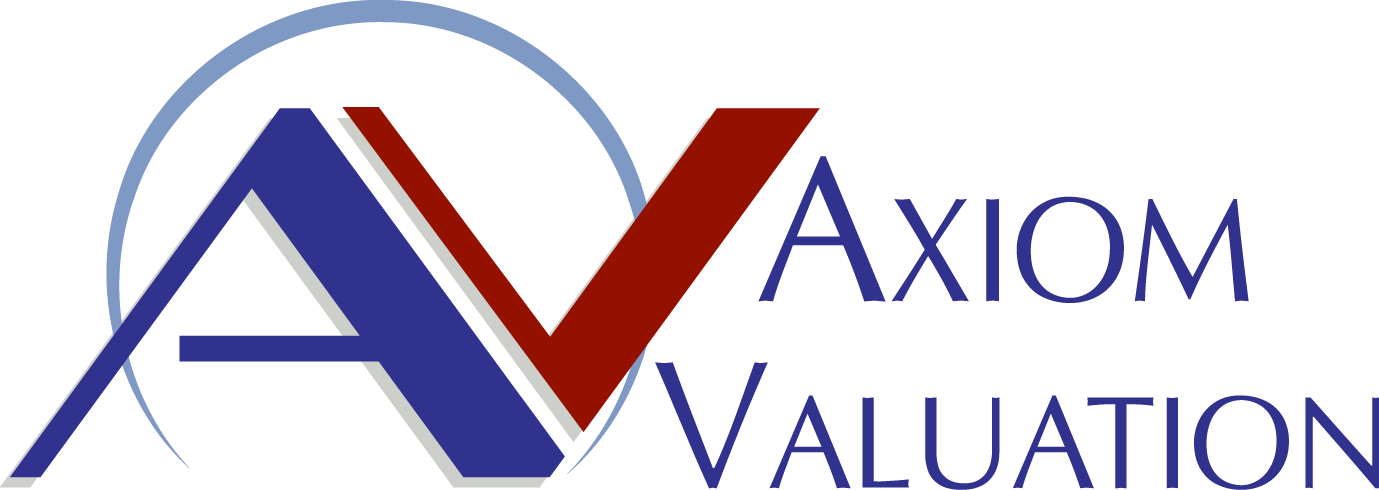The Benefits of Offshoring Intellectual Property: Minimizing Taxes and More
From August’s Axiom on Value:
Given the current debate on the implications of corporate inversions — the acquisition of a U.S. company by a foreign firm resulting in the U.S. company moving to a low tax jurisdiction — one is reminded that there are significant business and tax minimization strategies that closely-held private firms can utilize if they have intellectual property (IP) and currently do, or expect to do, significant business outside of the U.S.
The effective corporate tax rate can be reduced by as much as 50%. The extent of tax reduction depends on the facts and circumstances, but whatever these happen to be, owners usually reap a sizeable benefit. Keep in mind that IP includes more than patents and trademarks. It includes know-how and business secrets that are the basis of a commercial venture.
There are at least two significant benefits associated with transferring IP to a foreign company that is domiciled in a low tax haven such as Ireland:
- Significant reduction in the corporate tax burden. For example, if the foreign company is domiciled in Ireland, the marginal tax rate on profits attributed to that company based on transferred IP would be 12.5% versus the expected 40% combined Federal and state tax rate.
- Cost sharing between the U.S. parent and the foreign host related to improving the IP. For example, if the transferred IP are databases and associated applications, then costs of any improvements can be funded by the U.S. parent (high tax haven) and the foreign company.
The key to implementing this strategy is determining the value of the IP being transferred and the associated stream of royalty payments that would emerge if the agreement were arm’s length between two unrelated parties.
Axiom Valuation Solutions has valued many types of IP which were eventually transferred to a foreign host. Based on this experience, we have identified four major drivers:
- Determination of the fair value of the U.S. company (pre-transfer) and each of its identified intangible assets including the IP to be transferred;
- Expected revenue generated by the foreign company;
- The target rate of return that the sponsor would require in order to enter an agreement with an unrelated party; and
- Expected non-U.S. revenues.


No Comments
Leave a Reply